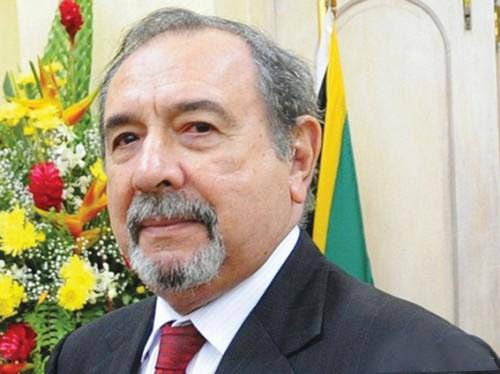Larger than law

During a long and illustrious career, several times Michael de la Bastide, who has died at 86, was one of the architects of this country’s freedom.
It was he who, along with staff in the Attorney General’s office, prepared instruments to effect the transition from crown colony to independence ahead of August 1962.
It was he who, with figures like the late Reginald Dumas, sat on the Hugh Wooding Commission, which recommended this country cease to be a monarchy and become a republic.
It was he who, as an independent senator from 1976-1981, caused several bills in Parliament to be improved.
As a member of the Hyatali Constitution Commission, he was one of those who recommended Tobago autonomy.
It was Mr. de la Bastide who, at the height of the traumatic events of 1990, was called upon, as Law Association president, to be one of several lawyers to advise on legal matters, which eventually saw the safe release of MPs.
It was he who, as Chief Justice from 1995-2002, advocated so strongly for the independence of the judiciary that the role of Chief Justice within public affairs has been permanently enhanced.
And it was he who, when the time came to inaugurate the Caribbean Court of Justice in 2004, took up the reins of an institution intended to become a replacement for the Privy Council.
He advocated the abolition of the London court for decades.
Mr. de la Bastide’s 2021 autobiography is titled Within the Law. But his was a contribution larger than law.
Before all that, his story began on Charlotte Street, Port of Spain, where he was born in 1937, the last of eight children. In his younger years, he was an altar boy.
His father died when he was nine; his mother, who was very outspoken, became his biggest influence.
She could not afford to send him to university, but he won an island scholarship. The altar boy chose to study law.
Later, Sir Ellis Clarke, then Solicitor General, gave him a recommendation to an inn, paving the way for a legal career.
It is difficult to name another who has contributed as much to our legal culture. Yet even after his working life came to an end in 2011, he remained part of the public conversation on a range of issues, calling, for instance, for the abolition of the death penalty.
Right to the end, he was a defender of the rule of law.
“To attribute bad faith to a judge is a contempt of court,” he warned, presciently, in his last law-term opening address in 2001.
Also in that speech, he said, “I am not ready to say farewell as yet.”
Neither is this grateful nation.

Comments
"Larger than law"